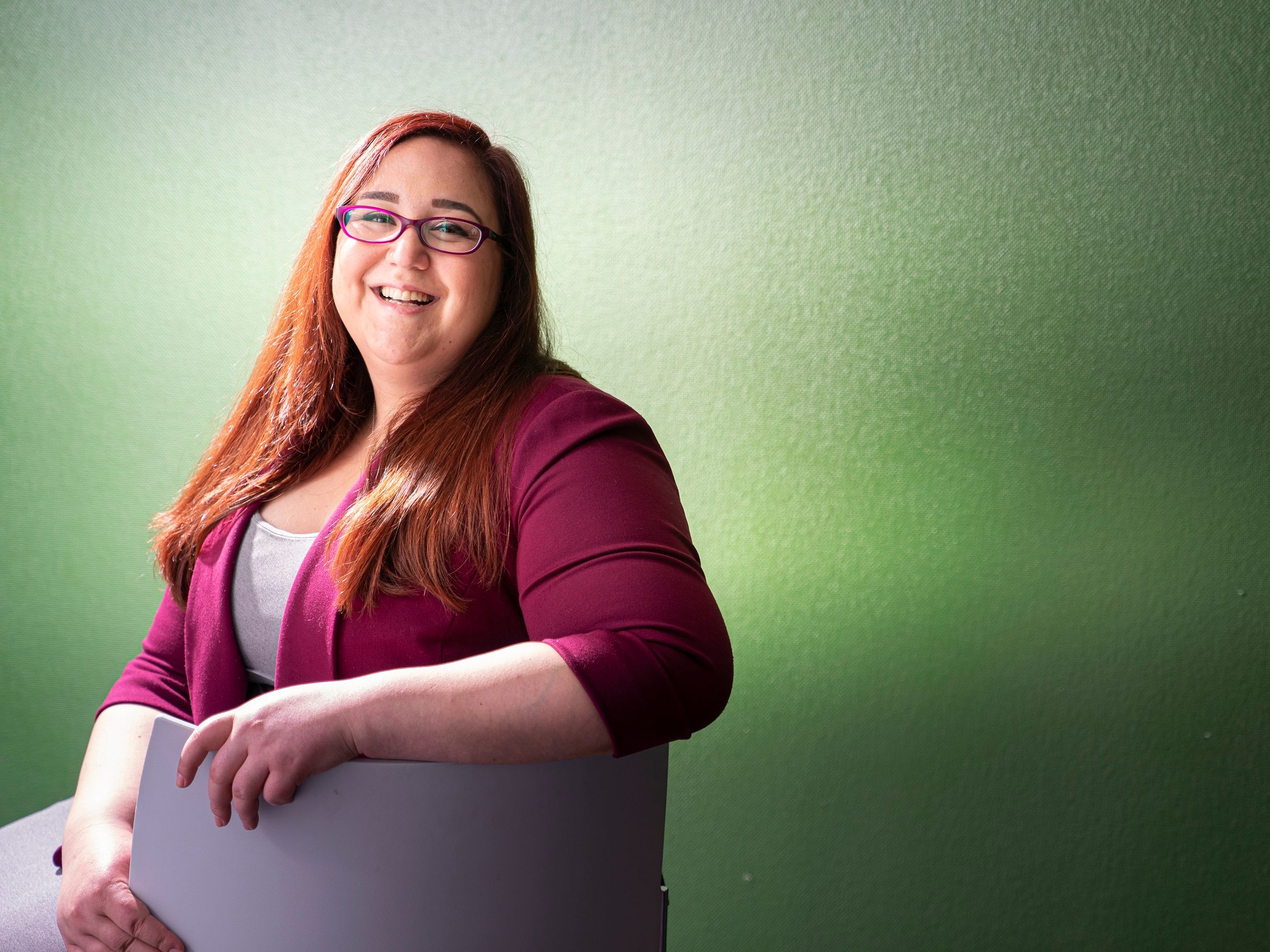New in Groningen: a Q&A with Ilke Bakir
| Date: | 13 August 2019 |

Ikle Bakir is an assistant professor at the Faculty of Economics and Business of the University of Groningen, who works on transportation and logistics, supply chain management, stochastic optimization, large-scale linear and integer programming.
Q. Why did you choose Groningen?
A. I chose Groningen – the university, rather than Groningen – the city. I was considering jobs worldwide at the time, and the University of Groningen appealed to me the most with its academic culture, perspective, history, the expertise of faculty members, and the opportunities it provides for the development of both faculty and students. It is a well-known and widely respected institution and I am honored to be a part of it.
Q. Could you tell us more about your career so far?
A. After completing my Master’s degree at the North Carolina State University in Raleigh, U.S.A. in 2011, I started my PhD at the Georgia Institute of Technology in Atlanta, U.S.A. Upon completion of my PhD in December 2017, I started my current job as an assistant professor at the Department of Operations at FEB. This job has a special place in my heart as it is my first “grown-up” job after receiving my title.
Q. Your research is in operations research. What issues are dealt with in your research?
A. My research interests have always been in applications/methodologies of large-scale optimization models. I work mainly in two streams of research topics: (1) Optimization in transportation and logistics networks, (2) Optimization under uncertainty.
Transportation networks have always been in the focus of the operations research community, because the technologies and expectations are ever-changing, and therefore there is always room for improvement. I work on operational issues, such as vehicle routing, as well as tactical/strategic issues, such as fleet replacement and planning. Some of my past work involves fleet planning for transportation carriers aiming at transitioning to a greener fleet (with alternative fuel vehicles). I am currently working on vehicle routing problems that involve launching drones from delivery trucks, which is a recent problem in last-mile delivery (also known as city logistics).
The area of optimization under uncertainty consists of optimization problems where some of the problem parameters become known after the time of decision-making (these parameters are unknown at the time of solving the problem). In this area, I have methodological work that focuses on how to efficiently solve such problems. Additionally, I worked on a vehicle and empty container routing problem where customer demand is uncertain.
Q. And how about societal relevance?
A. With globalization, the environmental (and economical) impact of transportation is continuously increasing. Optimization approaches in transportation and logistics are aimed towards meeting the increasing expectations of service quality and speed, while minimizing the negative effects of transportation on the society, such as greenhouse gas emissions, noise, and costs.
The world is moving towards more innovative transportation systems, such as intelligent and self-organizing logistics, and the Physical Internet. These worldwide initiatives strongly benefit from optimization approaches, as efficiency is everything in this area. My work answers questions such as “How can we transition to a green fleet in the most efficient way?”, “How can we route vehicles in a way that would minimize total emissions/costs?”, and “What are the best ways of collaboration between transportation carriers so that global initiatives such as Physical Internet can succeed?”.
Q. What can we expect of you in the future?
A. Given the societal relevance of my work, my aspiration is to continue my research in city logistics and collaborative transportation systems. In addition to making top publications in relevant journals, I expect to build strong industry relationships and have some of my academic work be implemented in real-life transportation systems.
I intend to maintain and expand my research network internationally. For that, I am currently scheduled to present my work in the Workshop of the EURO Working Group on Vehicle Routing and Logistics Optimization (in June 2019) and the INFORMS Annual Meeting (in October 2019). By presenting my work in international conferences/invited talks and building new research collaborations, I aspire to become a globally acknowledged name in my field.

